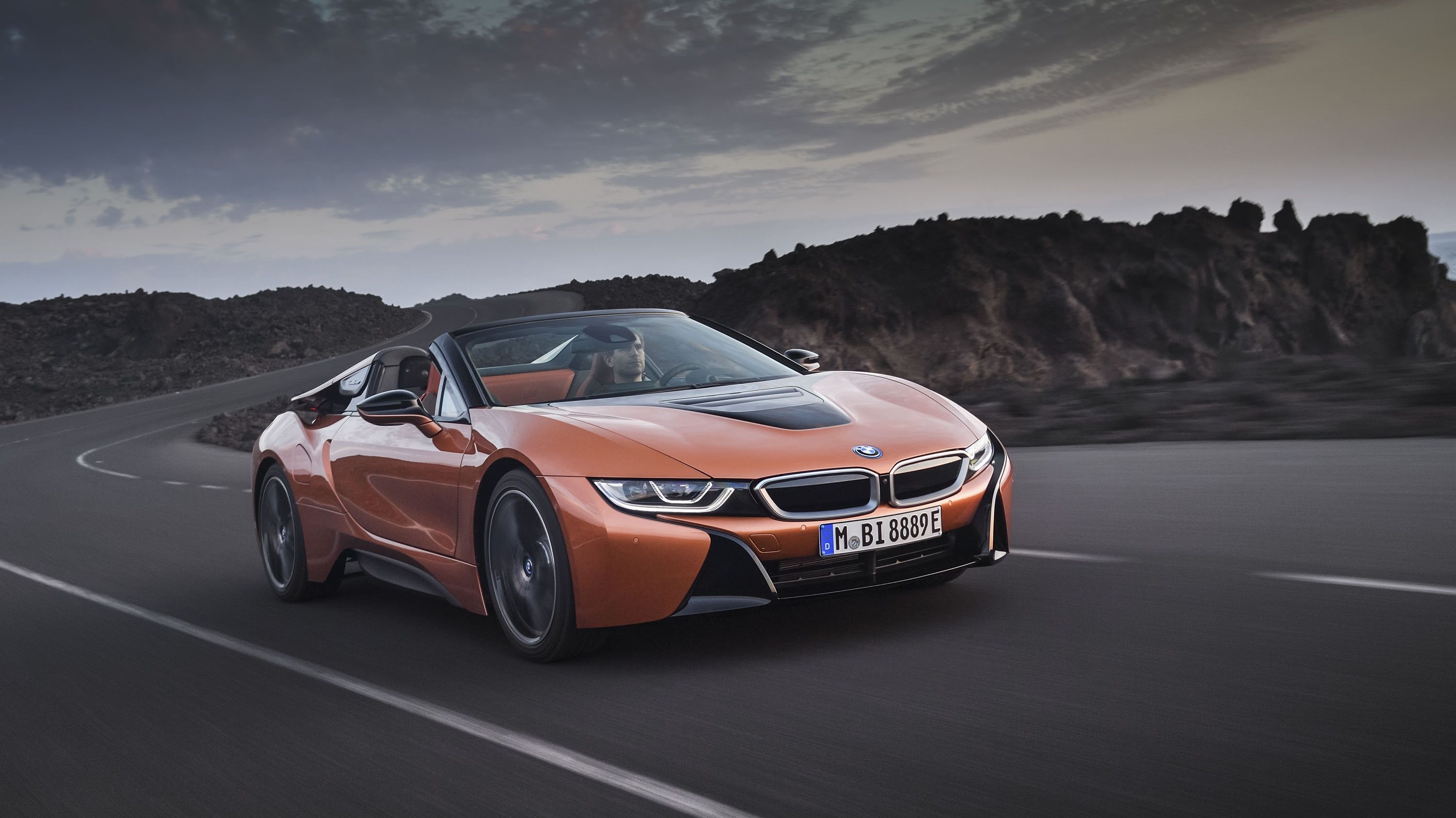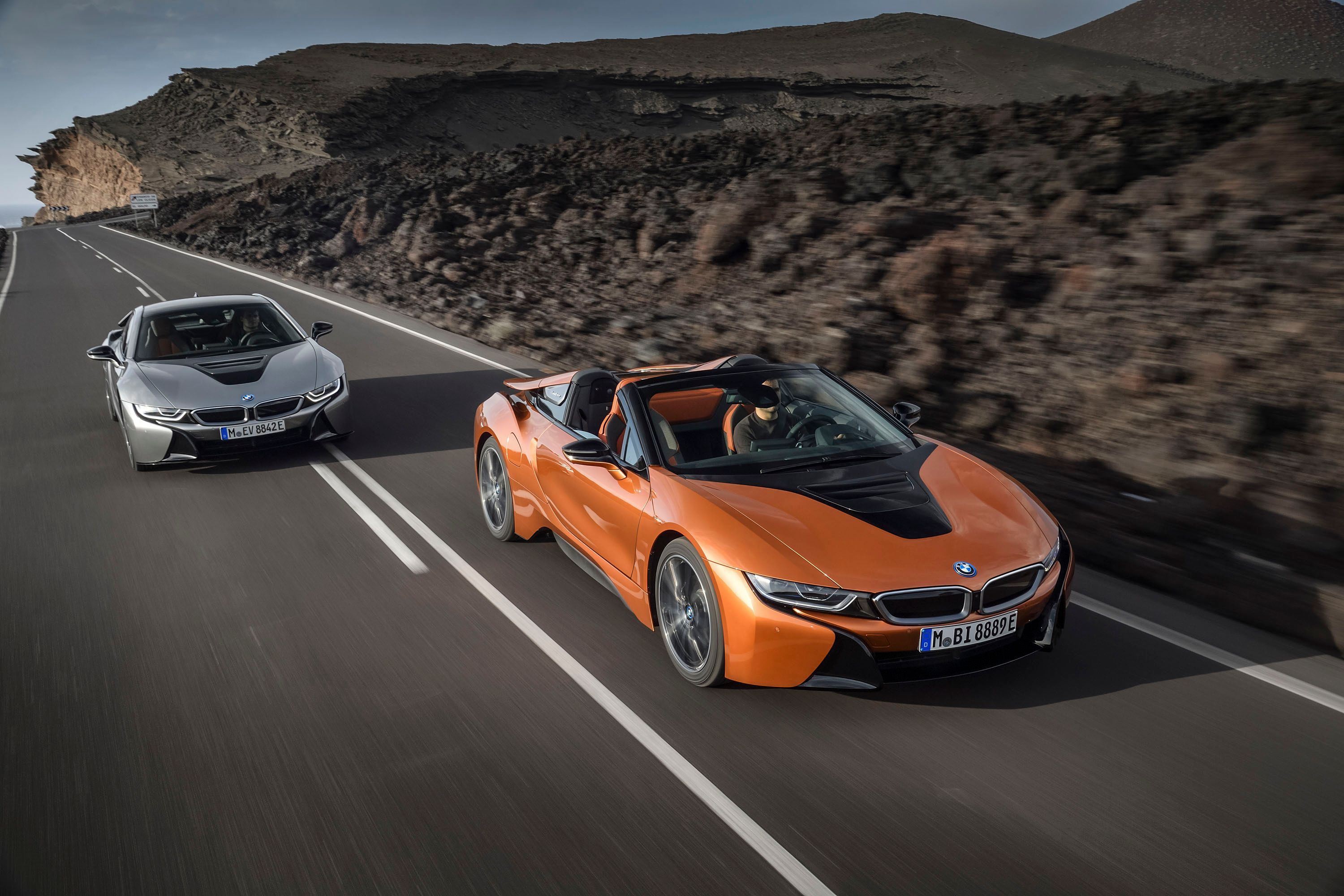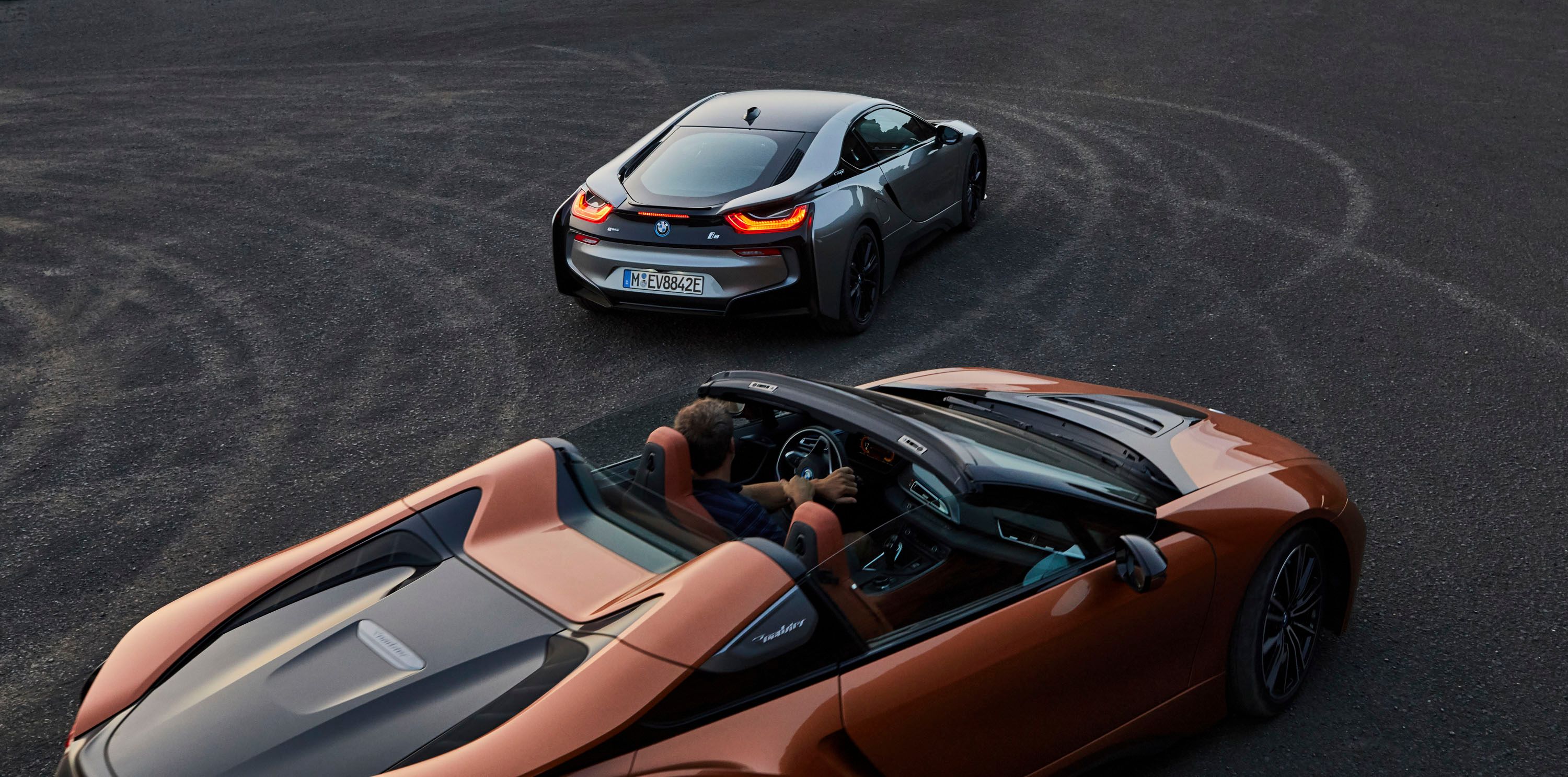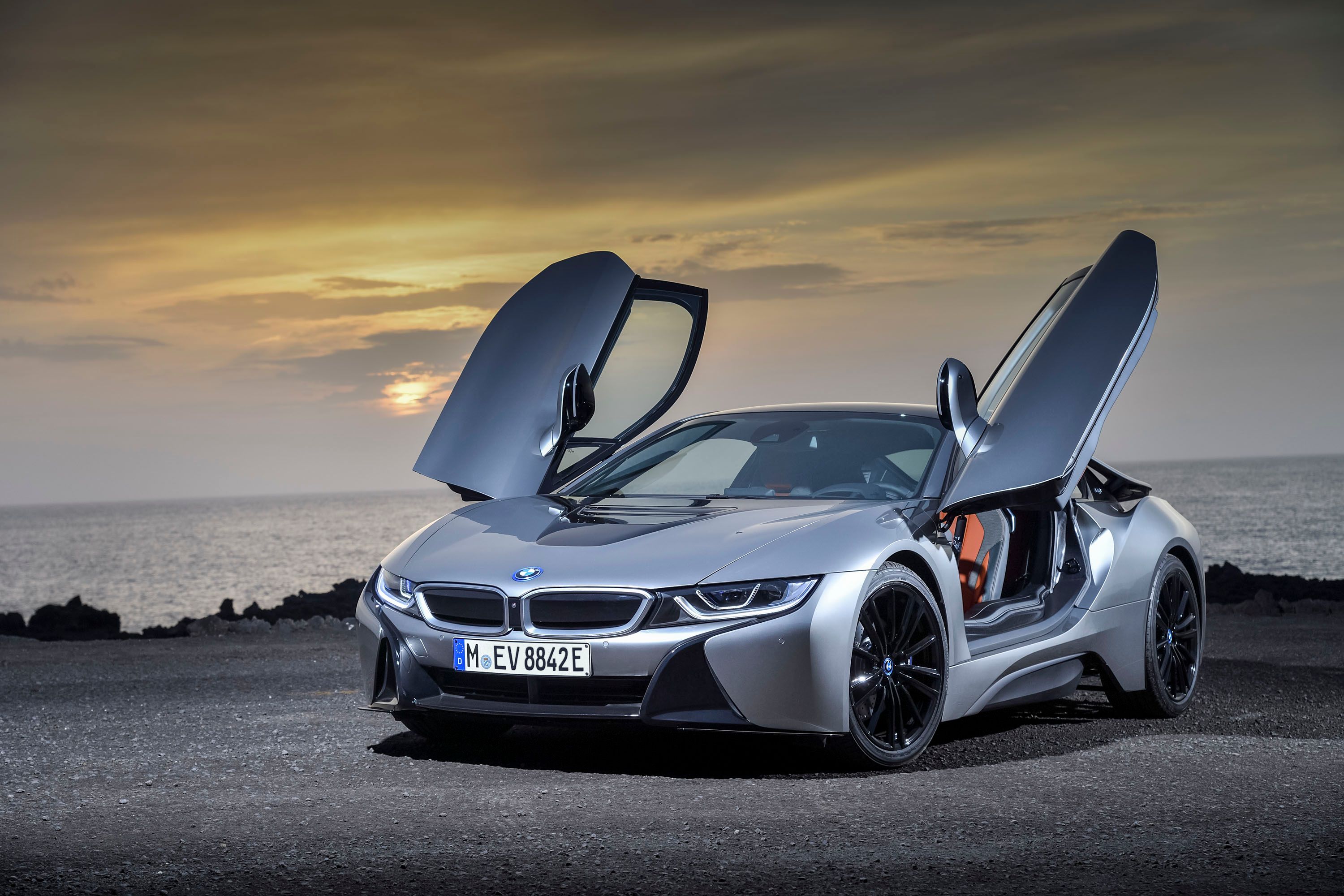Just because a lot of automakers are aggressively pushing for electrification, don’t expect BMW to try to keep pace with the rest of them. The German automaker has no intention to mass produce electric cars until 2020 because it doesn’t have the technology that can help scale up production to profitable levels. At the moment, BMW is focusing its attention on making that technology scalable and more modular, two key factors that will help the company elevate its involvement in electrification in the coming years.
Make no mistake, the German automaker is holding fast on its plan to have 25 new electrified models by 2025, including 12 that will be offered as fully electric. All of that is still in the works, but just because the long-term plan is in place, it doesn’t mean that BMW will rush its development of new technologies just to keep pace with what other automakers are doing.
At the moment, BMW is developing its fifth-generation electric vehicle technology after equipping the i8 Roadster, which is scheduled to hit dealerships in May, with its fourth-generation electric drivetrain technology. The latter technology can be used on a car like the i8, but, according to CEO Harald Krueger, it’s not viable to be used for mass production purposes.
“We wanted to wait for the fifth generation to be much more cost competitive,” he told analysts in Munich, as quoted by Reuters. “We do not want to scale up with the fourth generation.”
Krueger also admitted that the cost difference between its fourth and fifth generation electric vehicle technology runs up to a “two-digit number” in percentage terms, significant enough in BMW’s mind to refrain from jumping over the edge before it’s prepared to. So the company is taking a more measured approach, one that it believes is the best way to successfully address its current needs while still sticking to its long-term plans. “If you want to win the race, you must be the most cost competitive in the segment, otherwise you cannot scale up the volume,” Krueger added.
In addition to the development of the fifth generation electric vehicle technology, Bimmer is also working on its evolved version, the sixth generation electric vehicle technology. Part of that job entails investments amounting to nine-figure sums dedicated to battery cell research.
Given its reasons, it’s easy to understand where BMW is coming from. It is tempting for a company with as many resources as Bimmer to rush the development of its electric vehicle technology with the hopes of becoming one of the first with a seat at this party. But if it isn’t ready, it isn’t ready. The more measured approach may cost publicity in the short-term, but it does help its prospects over time.
Better to be late than to show up early without any pants.
References
BMW i8
Read our full review on the 2019 BMW i8 Roadster.
Read our full review on the 2019 BMW i8 Coupe.
Read more BMW news.




